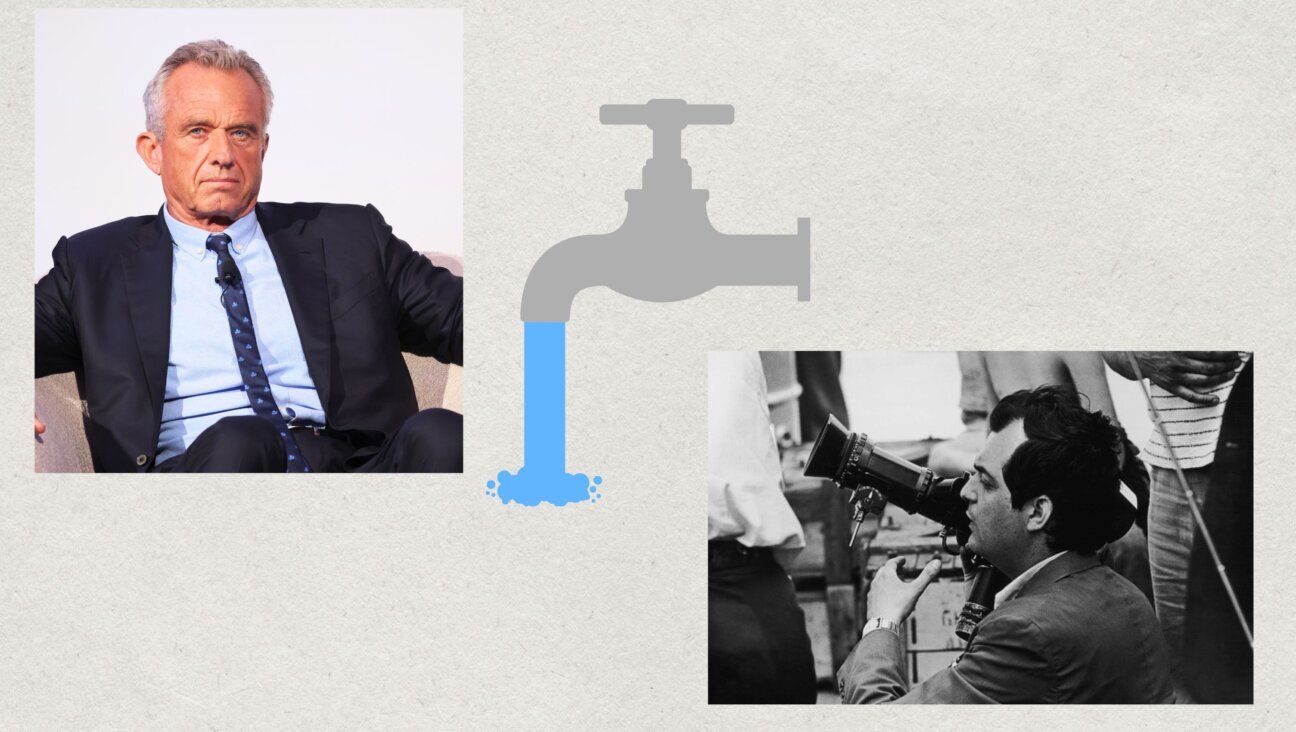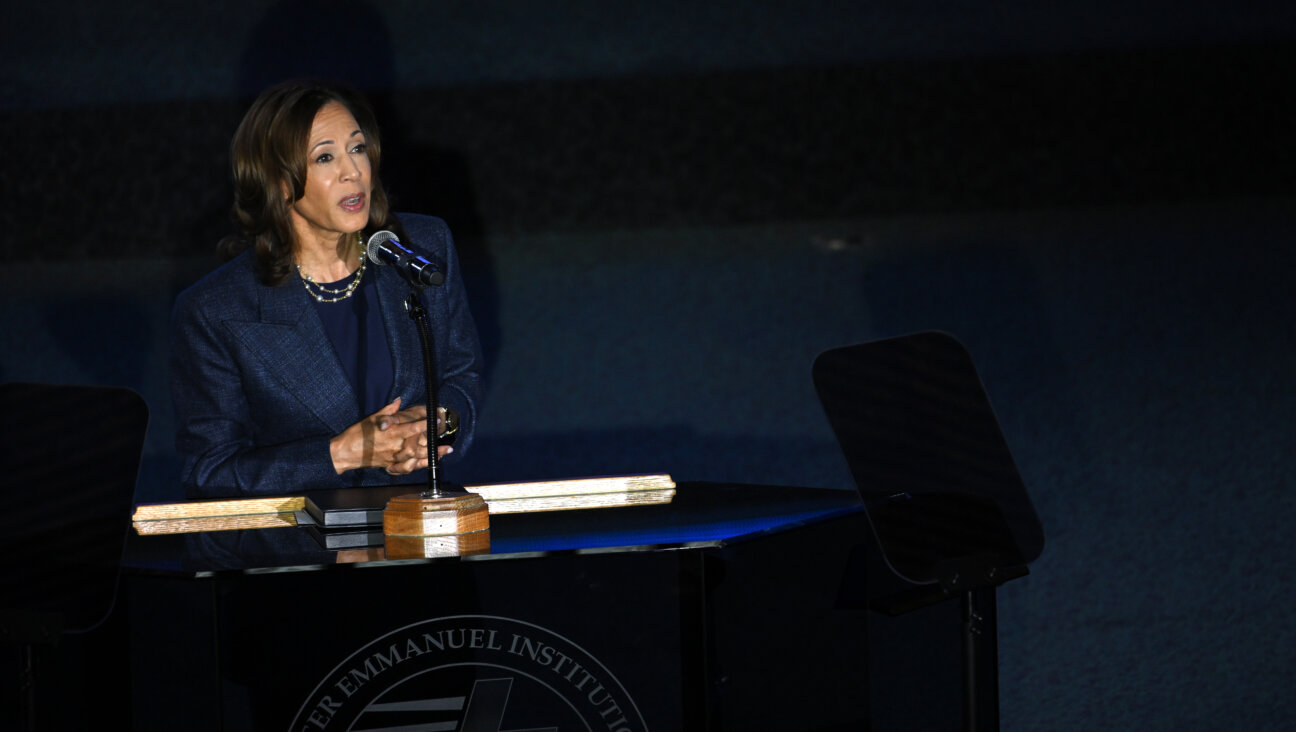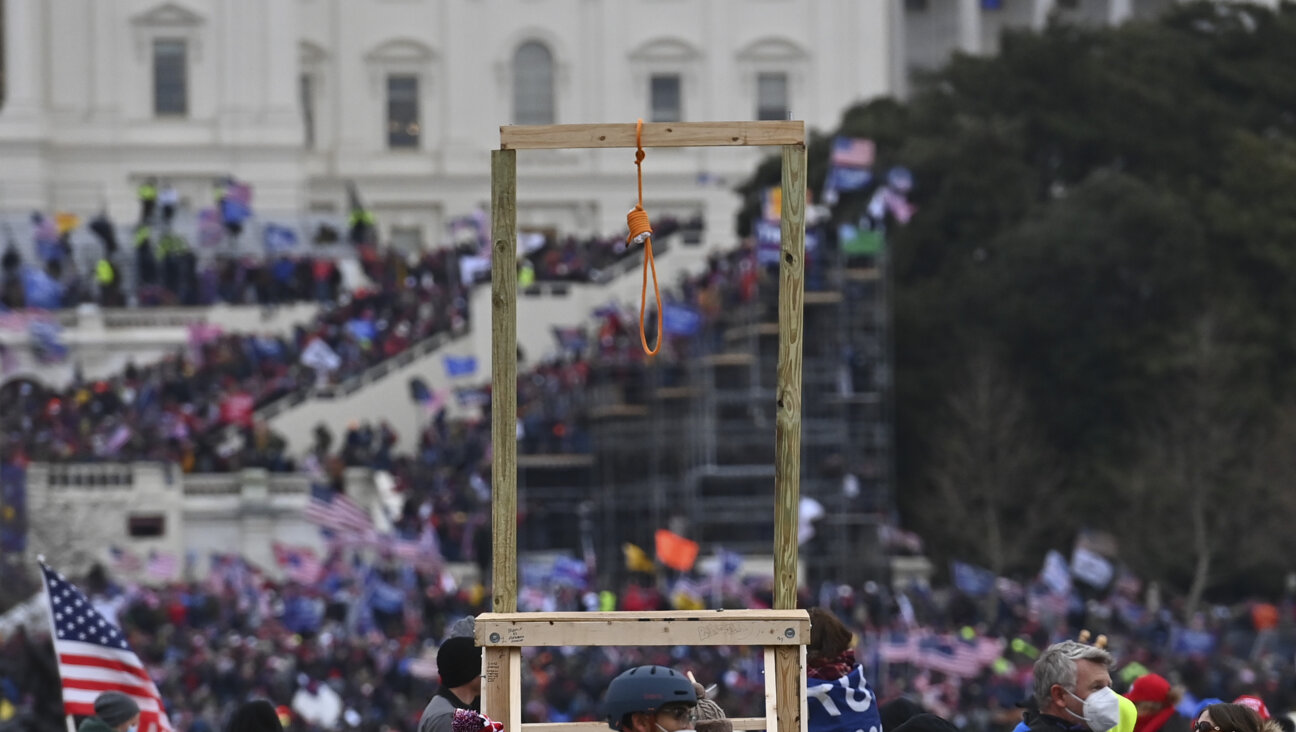Yeshiva Exemption Ruling Leaves Legal Vacuum
Politicians have been falling over themselves since the six-three High Court ruling that the “Tal Law” is unconstitutional and therefore cannot be extended by the Knesset, to laud the judges and bid farewell to the unpopular law. In a rare moment of consensus, opposition leader Tzipi Livni, MK Shaul Mofaz (Kadima), Foreign Minister Avigdor Lieberman and Defense Minister Ehud Barak all said amen to this rare intrusion of the judiciary into the legislative process. The problem is that none of them have any alternatives to the Tal Law and the current system of military service exemptions for yeshiva students.
This isn’t the fault of the judges — their job is not to propose laws and political arrangements. It is the result of a continuous failure of all the other parties involved: the government, politicians, rabbis, senior Finance Ministry officials, Israel Defense Force generals and business leaders. None of them have really tried to work out a system that will not only find a way to allow the Haredi community to realize its ideal of Torah study while not creating an unjust and unequal situation, and at the same time integrate hundreds of thousands of young men and women into the workplace.
There was nothing new about today’s ruling; it simply echoed the original ruling from exactly ten years ago that said that the wholesale exemption of yeshiva students from military service, authorized by the defense minister, did not conform with basic constitutional standards of equality. That is what Supreme Court President Aharon Barak said then, that is what his successor, Supreme Court President (for another couple of weeks) Dorit Beinisch said today.
But all those politicians lining up to bask in the court’s glow, Barak and Mofaz, both defense ministers who have signed off on tens of thousands of exemptions, and Livni and Lieberman, who were members of successive governments that could not have existed without paying the price to the ultra-Orthodox parties, have not moved a finger to change this unconstitutional system and they have no other alternative in place.
No one remembers today that the greatest opposition to the Tal Law came originally from the ultra-Orthodox leadership who were worried that it would empty the yeshivas. If the law had been implemented by the government ministries, by the IDF, in partnership with businesses and the Haredi communities, it may have stood a chance at achieving a major change in Israeli society. But ultimately, the politicians and rabbis succeed in eroding the law’s original intentions and transforming it into a legislative cover for the old system, with minimal changes.
A message from our CEO & publisher Rachel Fishman Feddersen

I hope you appreciated this article. Before you go, I’d like to ask you to please support the Forward’s award-winning, nonprofit journalism during this critical time.
At a time when other newsrooms are closing or cutting back, the Forward has removed its paywall and invested additional resources to report on the ground from Israel and around the U.S. on the impact of the war, rising antisemitism and polarized discourse..
Readers like you make it all possible. Support our work by becoming a Forward Member and connect with our journalism and your community.
— Rachel Fishman Feddersen, Publisher and CEO























